65 Million
People have Epilepsy Worldwide
1 in 100 People
Are expected to have Epilepsy
50% of the Cases
The causes are unknown

Regions Healthcare Hospital and Specialist Clinic is a multispecialty hospital dedicated to delivering world class medical care. We provide the best quality care in general medicine, surgery, neuroscience, orthopedics, critical care, diagnostics, and more. We offer specialized services in stroke care, epilepsy, neurosurgery, neurorehabilitation, vascular and cardiovascular (including open heart) surgery, endoscopic and minimal invasive surgeries, nephrology and cardiology.
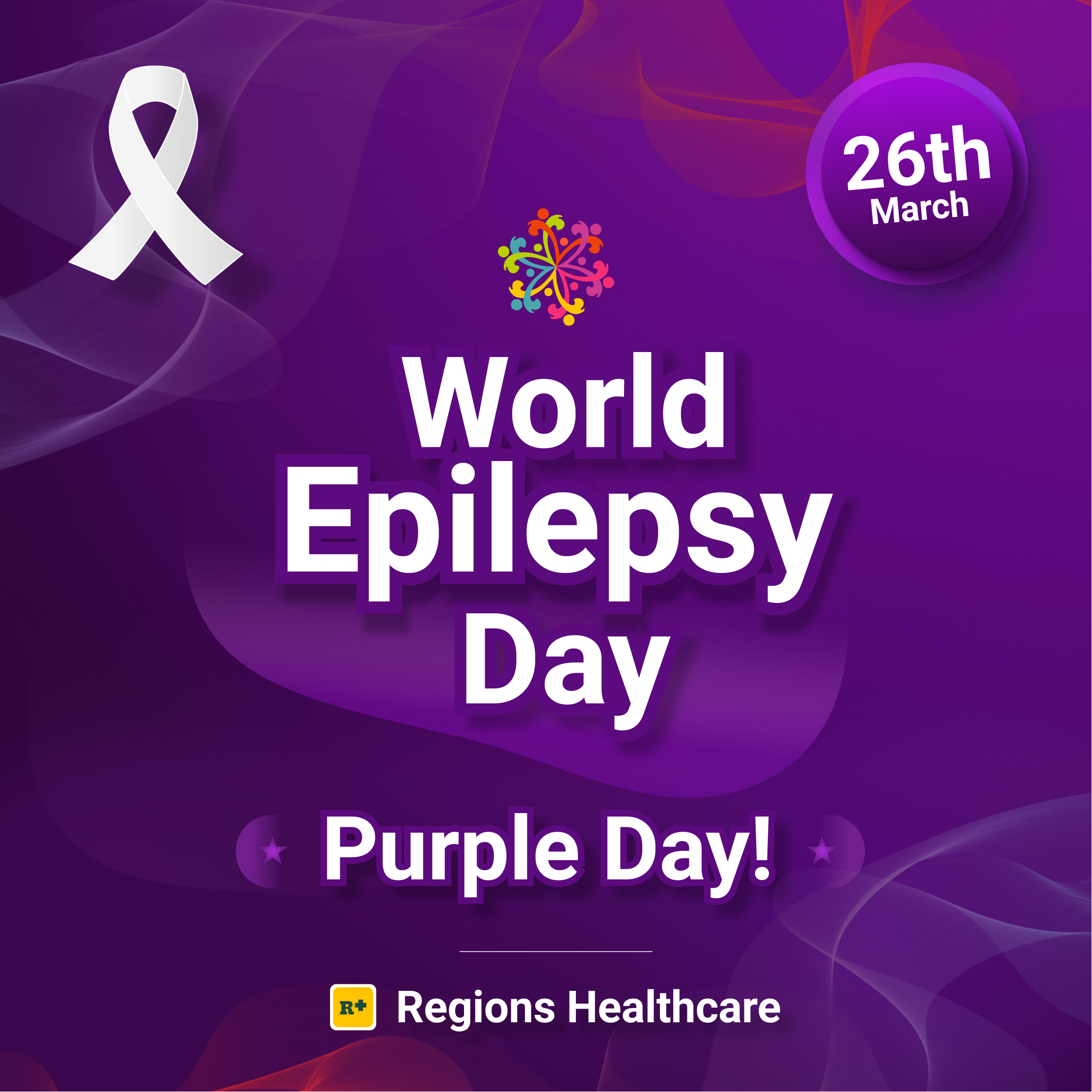
Purple Day is an international grassroots effort dedicated to increasing awareness about epilepsy worldwide. On March 26th annually, people in countries around the world are invited to wear purple and host events in support of epilepsy awareness. Last year, people in more than 85 countries on all continents participated in Purple Day! Canada is the only country in the world who officially recognizes March 26th as Purple Day through the Purple Day Act implemented on June 28, 2012.
Credits: Purple Day
People have Epilepsy Worldwide
Are expected to have Epilepsy
The causes are unknown
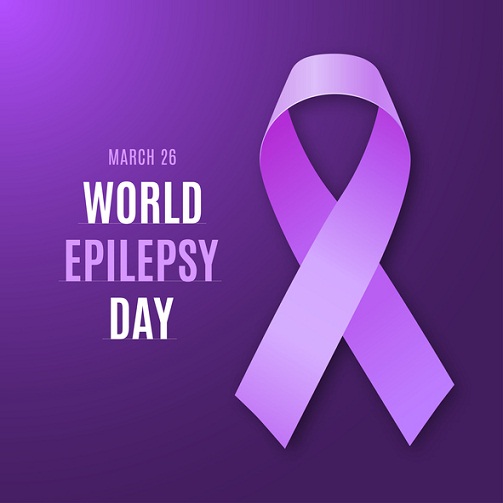
In general, the treatment for epilepsy depends on the type of seizure the patient is having, the origin of the seizure in the brain and any other associated medical illness or condition.
Epilepsy can be broadly classified as: Primary epilepsy or secondary epilepsy. There are certain medications that are used to treat seizures that may worsen certain types of seizures. For instance the drug Tegretol (carbamazepine) is a common drug for the treatment of epilepsy, however in patients that have what is described as primary epilepsy this medication may make it worse. This may be the reason why some patients respond to certain types of medication and others do not. It may also be the reason why patients who are placed on otherwise good anti-seizure medication may experience worsening seizures because the wrong drug has been chosen.
In general, the following treatment is available for the treatment of epilepsy:
Many patients with epilepsy develop psychological problems such as depression. This can be an added co-mobility and therefore it is important that the patient with epilepsy consults from time to time with a psychologist or psychiatrist for counselling. Where needed, these patients can be placed on additional medication to control their depression and ultimately helping their mental health.
It is important to realize that seizures and epilepsy can be treatable. In some instances, depending on the cause of the epilepsy the patient might expect a “total cure” however, in most instances the frequency can be significantly reduced such that the person can live a normal life, be able to have a family, be able to go to school, acquire high education, have a job and live independently.
For more questions contact your doctor or a hospital specialized in the treatment of epilepsy.
Epilepsy is a chronic medical problem in which a person presents with recurrent unprovoked seizures. The estimated prevalence of epilepsy is 8 per 1000 people in Nigeria. Seizures are caused by abnormal firing of nerve cells on one or both sides of the brain. There are two main types of seizures, focal and generalized seizures. Focal seizures start in a particular part of the brain. Symptom vary depending on the part affected.
Symptoms include appearing dazed or confused, rhythmic movements or jerking of one side, repetitively picking at clothes, lip-smacking, wandering around confused. At times, this may progress to a generalized seizure. Generalized seizures involve both sides of the brain. During a generalized seizure, consciousness may be impaired or lost. Their arms and legs may stiffen and jerk rhythmically. Consciousness gradually returns at the end. They may have urinary or fecal incontinence.
Other types of generalized seizures include sudden loss of tone, sudden jerks, sudden whole body stiffening, or starring without memory of the events.

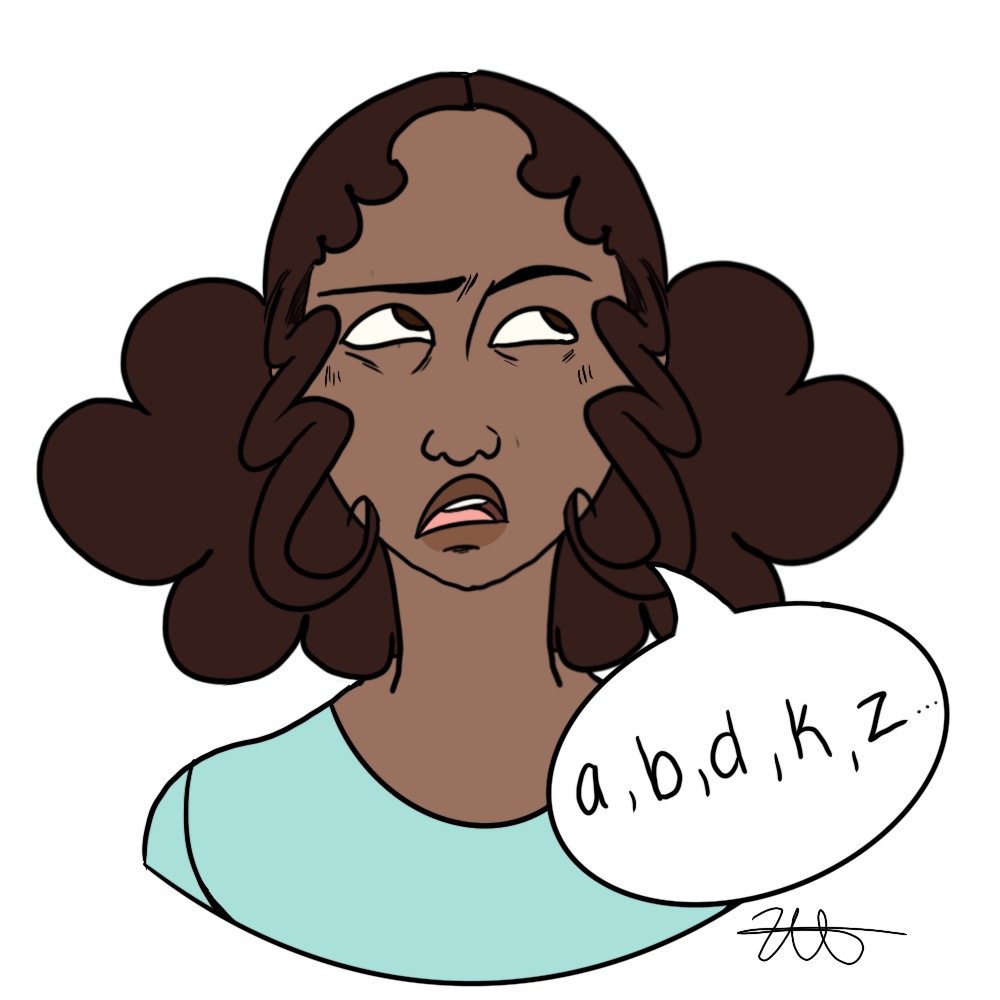


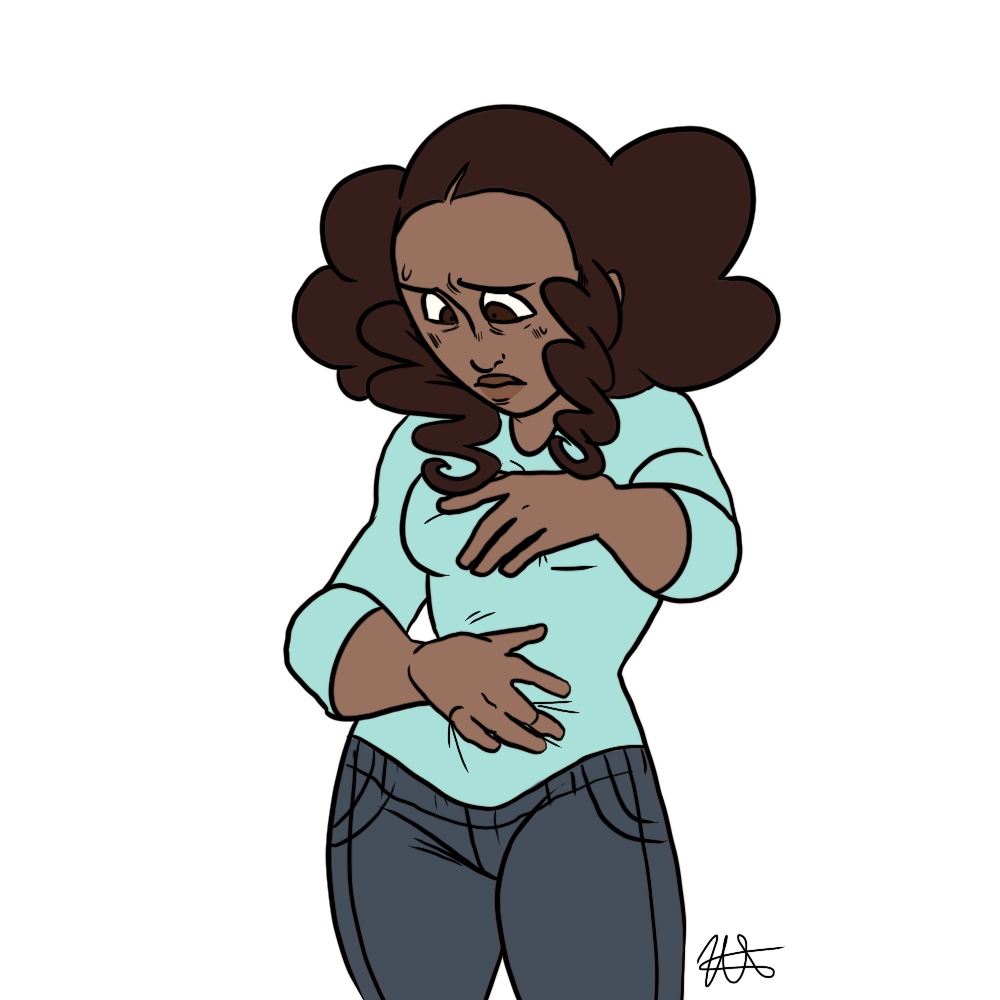


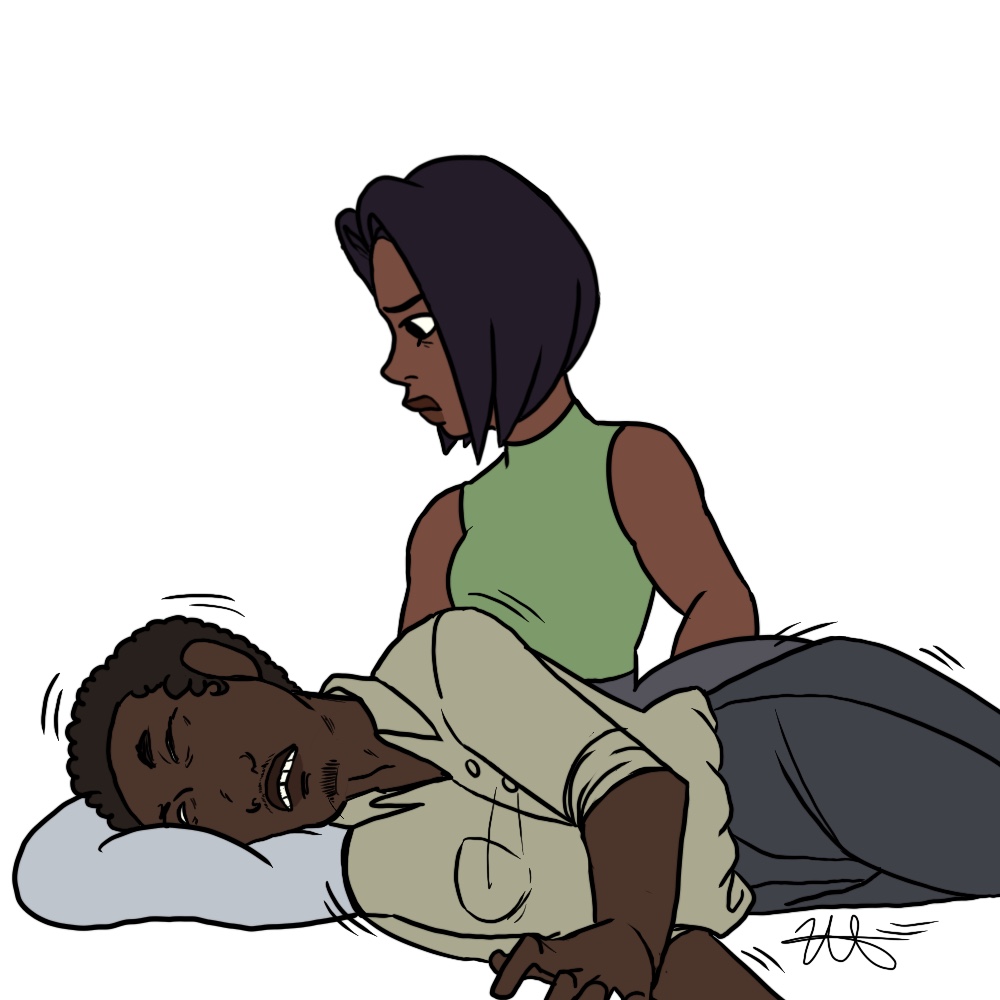



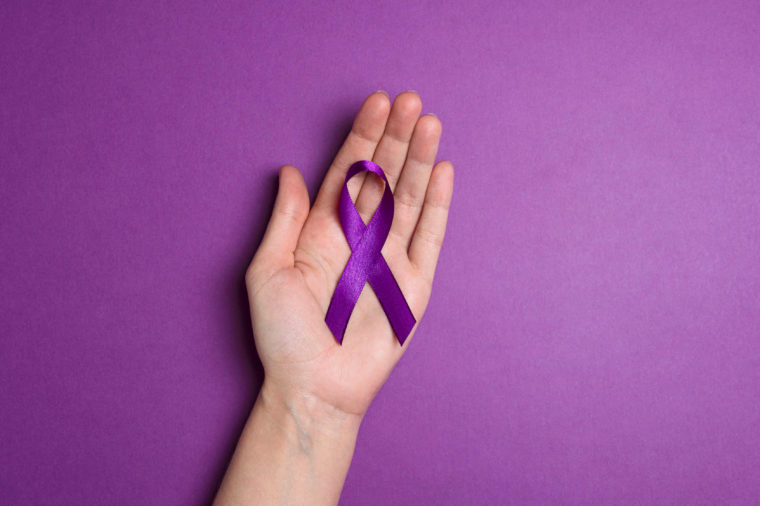
Our Medical teal are readily on standby to support you and provide timely intervention for Emergencies. Click the Button below to book and Appointment with us today.
+234(0)7047000011
Km.17, Owerri-Port Harcourt Express Road, Mgbirichi Ohaji, Imo State.
We are Open 24 hours!
Regions Healthcare
Hospital Admin
Hospital Admin
Hello, how can we help you today?
Powered by Elementor